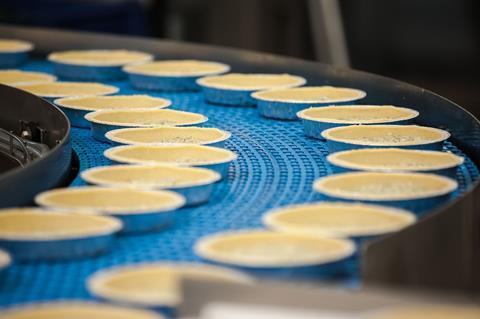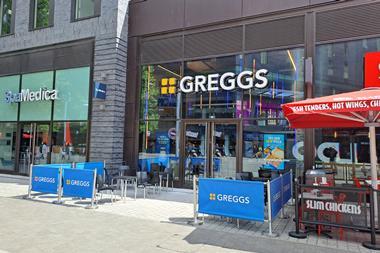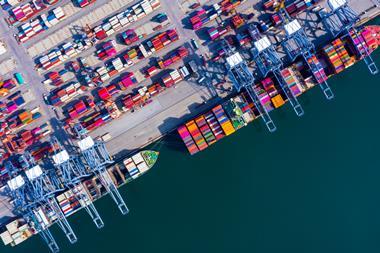
Many food and drink companies will struggle to survive beyond Christmas in the face of “astronomical” increases in energy bills, industry leaders warned this week.
There are calls for urgent cross-sector talks with government about measures to mitigate the financial crisis, with sources saying the typical energy bills faced by suppliers were rising by 300-400%, but in some cases are much higher.
The Grocer can also reveal a new poll by the FDF shows confidence amongst food manufacturers has now fallen to the lowest point on record, even taking into account the height of the Covid pandemic.
“This situation is so serious, I’m afraid the main question a lot of food companies will be asking on January 1 is: is it time to lock up?” said one leading supplier source, describing the threat posed by rocketing gas and electricity prices.
The FDF said energy-intense parts of the industry that were particularly in the firing line included producers of coffee, sugar, starch, oil, and fat as well as milling. Industrial bakers are also reporting massive energy price increases.
It has emerged many manufacturers are resorting to committing to huge long-term increases in energy costs to avoid even more eye watering shorter-term deals.
David Jones, managing director of Pan’artisan, a dough ball and pizza base manufacturer supplying supermarkets and the hospitality sector, said the company had this week agreed a four-year deal with its energy company.
“It means we will be paying £876,000 a year whereas before we paid £188,000,” he said. “If we’d taken the one-year deal it would have been over £1m.
“We are a growing business and before this had made record topline sales, but it’s becoming almost impossible to make a penny out of the business. It’s a disaster.”
“Typically, we are hearing that energy bills in the sector are going up by 300%-400%,” said one leading supplier source. ”Unlike households, there is currently no system of capping for businesses and many food processes demand heating or cooling processes that are energy intense.
“Inevitably, this is going to make some processes simply unviable.”
The FDF said manufacturers’ confidence fell in Q2 2022 to its lowest level since FDF started tracking it in Q1 2018, with their mood even more pessimistic than at the start of the Covid-19 pandemic.
The FDF’s net figure fell to a negative confidence score of -72% in Q1 from -61% in the preceding quarter.
“The soaring costs of energy are putting food and drink manufacturers under extreme pressure, with no price cap on the energy that businesses use,” said David Thomson, FDF director of strategy and devolved nations.
“Energy prices have been rising rapidly for over a year, making food and drink more expensive to produce and putting further pressure onto households across the UK through higher prices in the shops.
“Our manufacturers are looking at where they can make efficiencies to reduce their energy consumption – but this will not help businesses remain viable in the short term.
“We have made the Scottish and UK governments aware of the seriousness of the situation and urge them to ensure they support our vital food and drink industry.”
However, elsewhere there was criticism at ministers’ lack of urgency in facing up to the crisis.
“The government has gone into a vacuum with the leadership election and meanwhile we are looking at this dire crisis whistling down the track towards us.
“Where are the invitations to emergency talks? Why isn’t the government sitting down with industry to look at ways it can help?
“There seems to be an expectation that industry will someone be able to take the hit but that simply won’t be the case for many businesses and we can’t wait until September for something, we need action now.”



















No comments yet